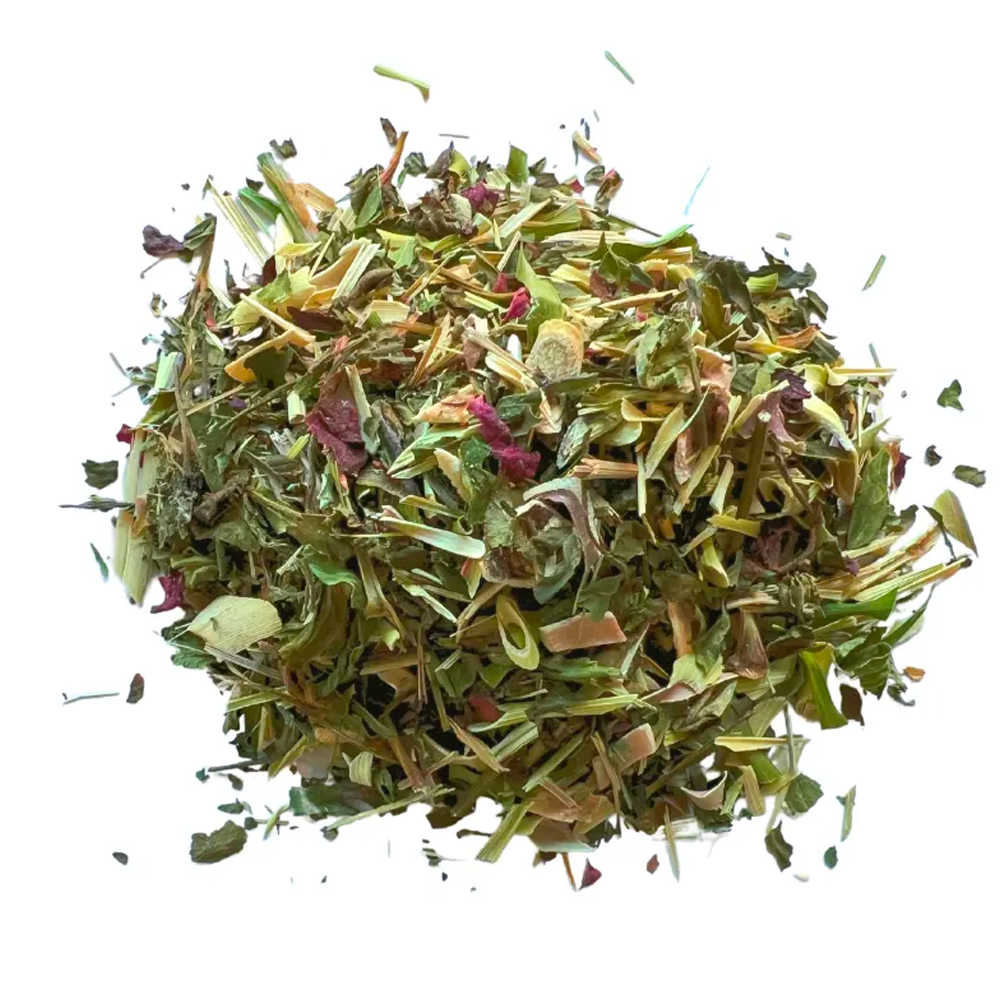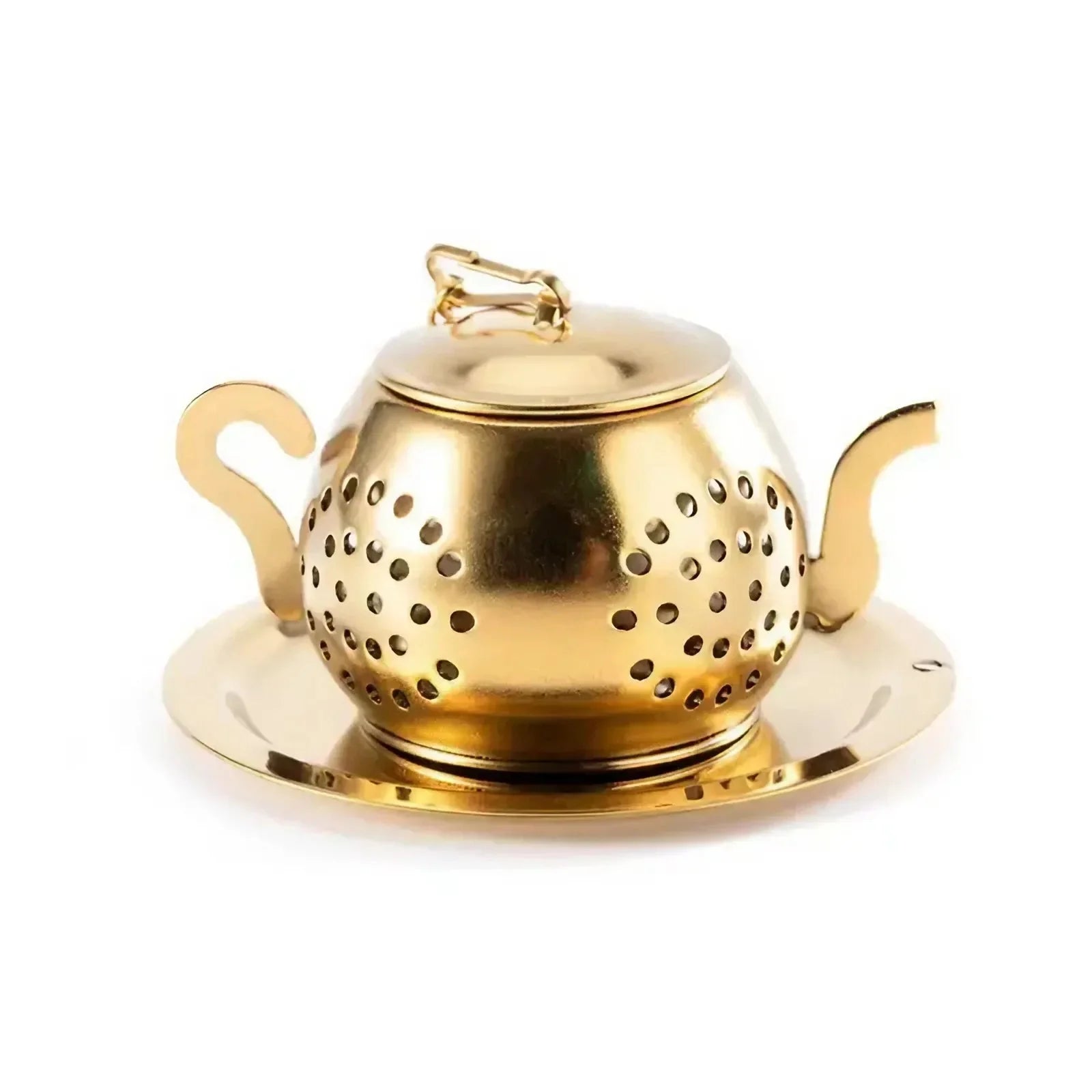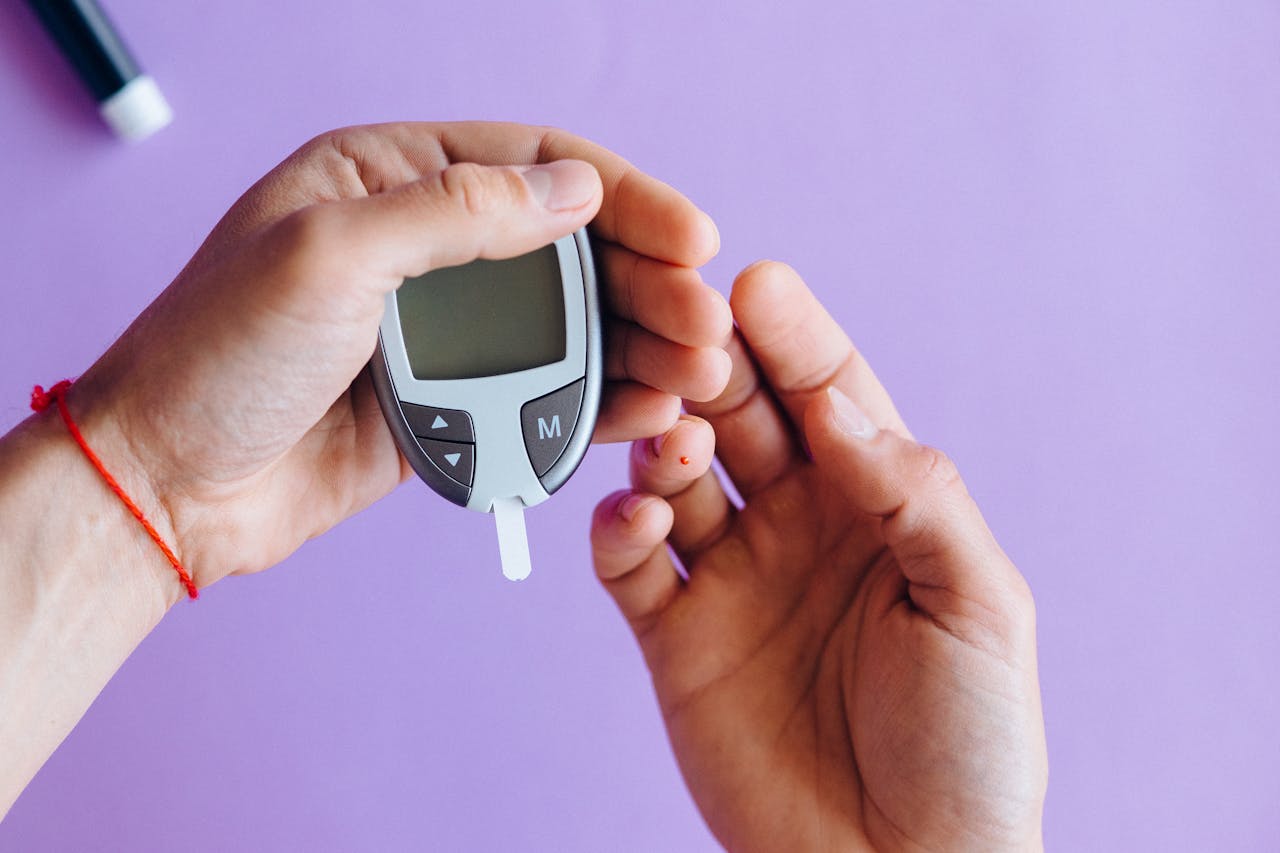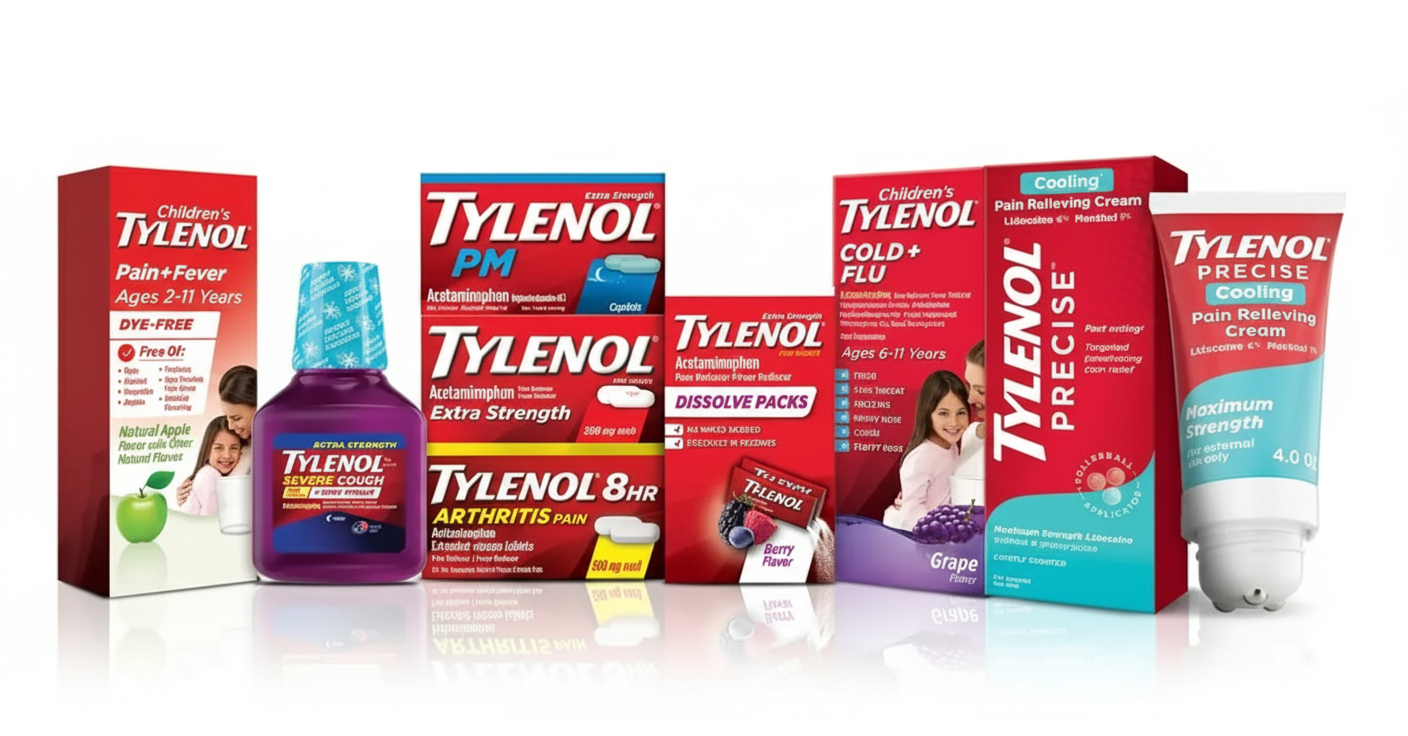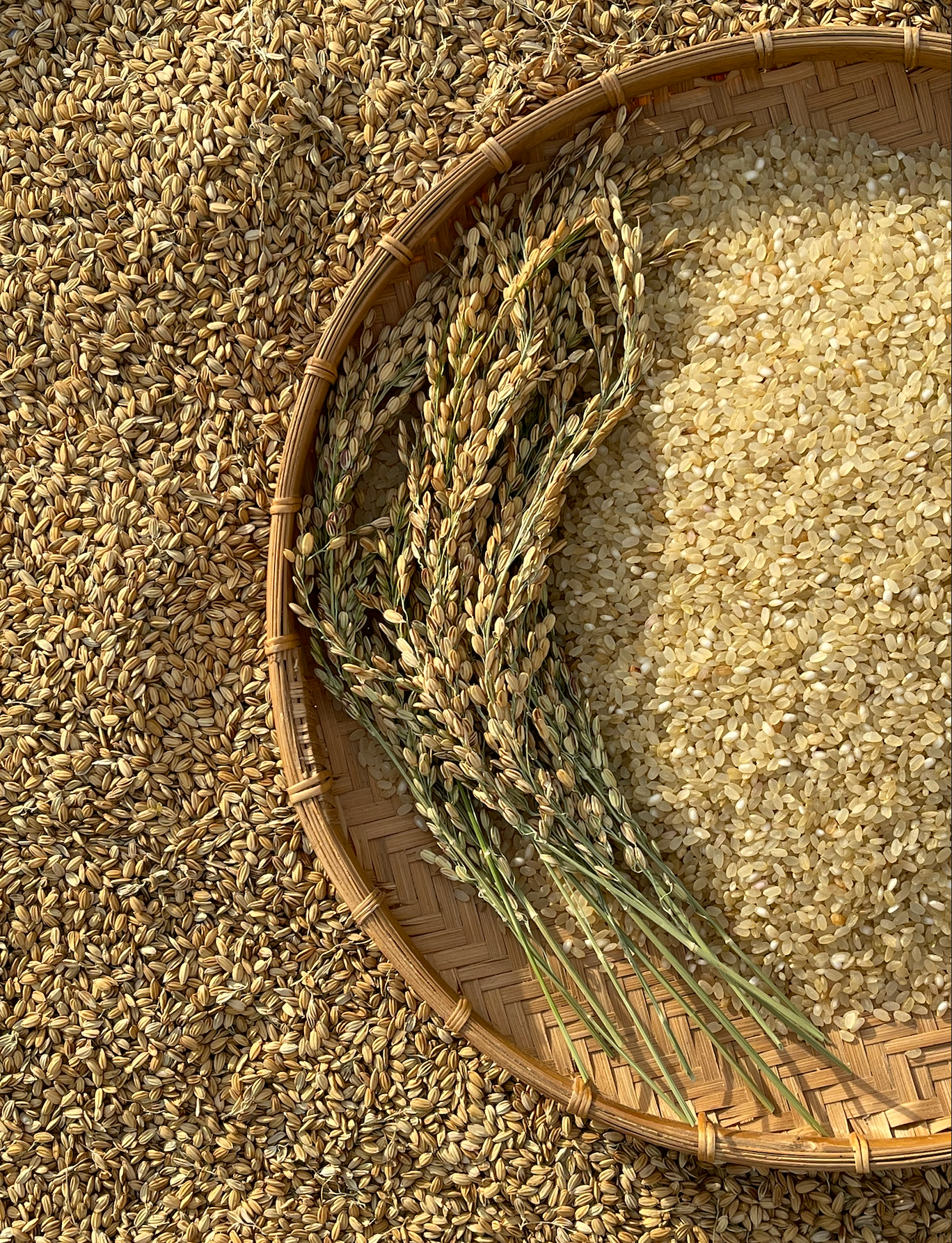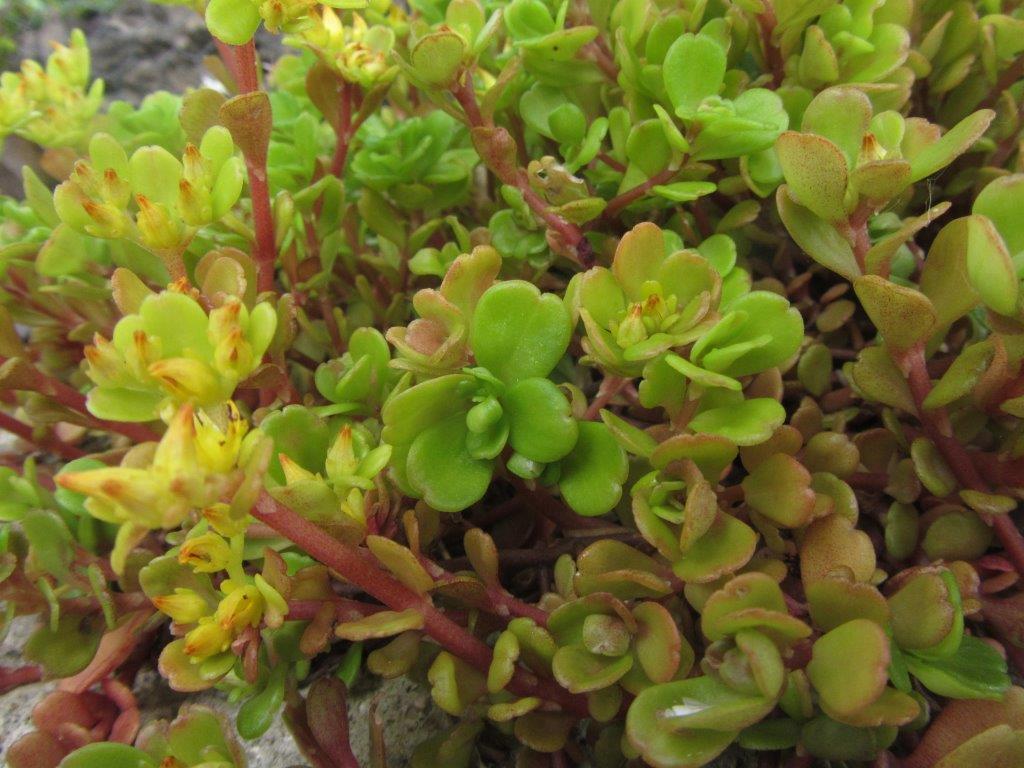Health and wellness are deeply rooted in culture, tradition, and awareness. In the Hmong community, where cultural heritage is cherished, it is equally important to acknowledge and address pressing health concerns, such as diabetes. As the founder of Mi Maiv and a healthcare professional, I am committed to empowering our community with the knowledge and tools needed to take proactive steps in caring for our health.
Diabetes in the Hmong Community
Diabetes (ntshav qab zib) is a chronic condition that affects how the body processes blood sugar (glucose). It has become increasingly prevalent within the Hmong community. There are two main types of diabetes:
-
Type 1 Diabetes: The body cannot produce insulin, requiring lifelong insulin therapy.
-
Type 2 Diabetes: The body becomes resistant to insulin or doesn’t produce enough, often linked to diet and lifestyle.
To understand diabetes better, imagine your body as a car, and glucose as the fuel that powers it. However, before your body can use glucose, it needs insulin, the "key" that unlocks the energy. Insulin is produced by the pancreas, and it helps move glucose from your blood into your cells for energy. Without enough insulin or proper use of insulin, glucose remains in the blood, making people feel tired, thirsty, or sick. Some may need medication or insulin injections to help their bodies use glucose correctly.
Symptoms of Diabetes
-
Frequent urination
-
Increased thirst
-
Unexplained weight loss
-
Fatigue
-
Blurred vision
Treatment Approaches
Managing diabetes requires a combination of lifestyle adjustments, medication, and holistic care, such as:
1. Balanced Diet
Incorporating more vegetables, whole grains, and lean proteins while reducing processed sugars can help manage blood sugar levels.
The Role of Diet in Diabetes Management
Modern diets have shifted significantly from what our ancestors ate. Processed foods, sugary drinks, and fast food are more common today, contributing to rising diabetes rates. A major concern is the use of high fructose corn syrup, which is found in sodas, juices, and many packaged foods. This sweetener spikes blood sugar levels, contributes to weight gain, and increases the risk of diabetes.
We may not realize how much sugar we’re giving our children. Drinks marketed to kids—such as juice pouches, flavored milk, and soda—are packed with sugar. These habits start early and increase the risk of obesity, insulin resistance, and early-onset diabetes.
Healthier Choices for Our Families
-
Limit Sugary Drinks: Opt for water, herbal teas, or diluted natural fruit juices instead of sugary sodas and sweetened beverages.
-
Read Food Labels: Be aware of hidden sugars in processed foods and choose whole, unprocessed ingredients.
-
Cook Traditional Foods: Many Hmong dishes can be made healthier by using fresh herbs, lean proteins, and avoiding excessive oils and salt.
-
Encourage Home-Cooked Meals: Cooking at home allows you to control ingredients and maintain a balanced diet.
2. Physical Activity
Regular exercise helps maintain healthy blood sugar levels.
-
Muscles Use Sugar for Energy: When you move, your muscles use sugar from your blood for fuel. The more you move, the more sugar your muscles absorb, lowering blood sugar levels.
-
Muscles Make Insulin Work Better: Exercise increases muscle sensitivity to insulin, making it easier for insulin to move glucose from the blood into cells.
-
Exercise Helps Prevent Insulin Resistance: Staying active reduces the risk of insulin resistance, which can lead to Type 2 diabetes.
3. Herbal Remedies
Traditional herbs, such as bitter melon and cinnamon, may help regulate blood sugar. While these remedies can complement conventional treatments, always consult a healthcare provider before use.
-
Bitter Melon: Contains compounds that may lower blood sugar by mimicking insulin.
-
Cinnamon: Can improve insulin sensitivity and lower blood sugar levels.
-
Fenugreek Seeds: Rich in fiber, these seeds may help regulate blood sugar.
-
Turmeric: Contains curcumin, which may help improve insulin sensitivity.
-
Ginseng: Shown to improve insulin sensitivity and lower blood sugar.
-
Garlic: Known for its antioxidant properties, garlic may help regulate blood sugar.
-
Aloe Vera: Contains compounds that may help lower blood sugar.
-
Berberine: Helps regulate blood sugar and improve insulin sensitivity.
-
Mango Leaves: Traditionally used to treat diabetes by lowering blood sugar.
-
Apple Cider Vinegar: May improve insulin sensitivity and reduce blood sugar spikes.
-
Chia Seeds: Help regulate blood sugar by slowing digestion.
-
Green Tea: Rich in antioxidants, it may improve insulin sensitivity.
These herbs and foods should complement—not replace—prescribed medications or treatments.
4. Stress Management
Managing stress is crucial for controlling diabetes. Stress can trigger the release of hormones like cortisol, which can raise blood sugar levels. Chronic stress can also lead to insulin resistance, making it harder for the body to regulate blood sugar.
Stress Management Techniques:
-
Deep Breathing: Reduces stress hormones and can lower blood sugar. Try diaphragmatic breathing: inhale through the nose for 4 seconds, hold for 4 seconds, and exhale through the mouth for 6 seconds.
-
Meditation and Mindfulness: Cultivates calm and reduces stress hormones, improving blood sugar control.
-
Physical Activity: Even light exercise can lower stress and improve insulin sensitivity.
-
Progressive Muscle Relaxation (PMR): Tense and relax muscle groups to reduce physical stress.
-
Adequate Sleep: Aim for 7-8 hours of sleep to prevent the production of stress hormones.
-
Journaling: Writing down thoughts can help reduce emotional stress, which improves blood sugar regulation.
-
Social Support: Positive interactions with loved ones can reduce stress and improve mood.
Preserving Health While Honoring Culture
At Mi Maiv, we believe in blending traditional wisdom with modern medicine. By increasing awareness, making informed choices, and supporting one another, we can take charge of our health while staying true to our Hmong heritage. Together, let's continue to educate, advocate, and care for ourselves and our families.

